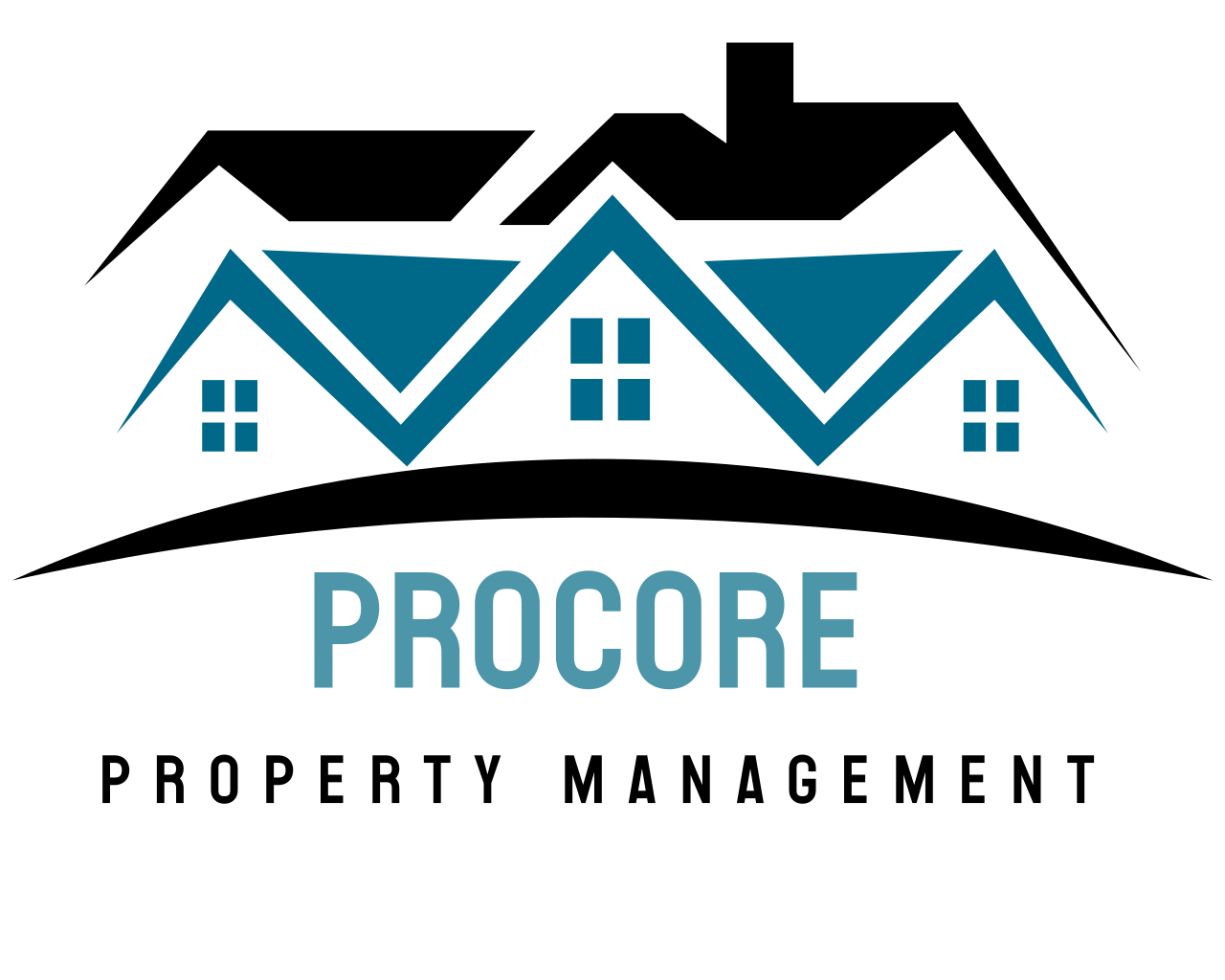Smart Renter's Guide: Tips to Avoid Scam When Finding Your Next Rental
Avoiding rental scams is crucial to ensure a smooth and secure housing transaction. Here are some tips to help you avoid rental scams:
1. Deal Locally:
• Whenever possible, deal with local landlords or property management companies. Avoid long-distance transactions, especially if you haven't seen the property in person.
2. Visit the Property:
• Never agree to rent a property without visiting it in person. If you're unable to do so, consider asking a trusted friend or local contact to check it out for you.
3. Beware of Too-Good-to-Be-True Deals:
• Scammers often lure potential tenants with unrealistically low rental prices or extraordinary amenities. Be skeptical of deals that seem too good to be true.
4. Use Reputable Rental Platforms:
• Stick to well-known and reputable rental websites or platforms. Research the platform's reputation and user reviews before using it.
5. Verify the Landlord's Identity:
• Ask for the landlord's full name, contact information, and any relevant details. Verify this information through online searches or by contacting the local property records office.
6. Be Cautious with Wire Transfers:
• Avoid wire transfers or other untraceable forms of payment. Use more secure methods like checks or online payment services that provide transaction records.
7. Request a Lease Agreement:
• Always insist on a written lease agreement. Review it thoroughly, and make sure all terms are clear before signing. If the landlord is hesitant or unwilling to provide a lease, it's a red flag.
8. Check Property Ownership:
• Verify the property owner through public records or the local county assessor's office. Scammers may pose as property owners without actually owning the premises.
9. Trust Your Instincts:
• If something feels off or too rushed, trust your instincts. Scammers often pressure potential tenants to act quickly without proper consideration.
10. Be Wary of Requests for Personal Information:
• Avoid providing sensitive personal information, such as social security numbers or bank account details, until you have verified the legitimacy of the landlord and the rental arrangement.
11. Research Local Rental Laws:
• Familiarize yourself with local rental laws and regulations to ensure that the terms offered are within legal bounds. This knowledge can also help you recognize potential scams.
12. Ask for References:
• Request references from previous tenants or neighbors to get a sense of the landlord's reputation and the property's history.
By staying vigilant and following these tips, you can reduce the risk of falling victim to rental scams and increase the likelihood of finding a legitimate and secure rental property.







